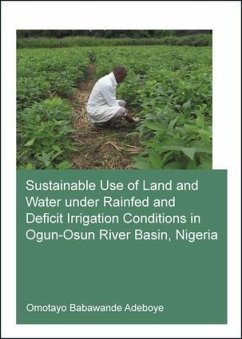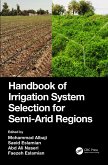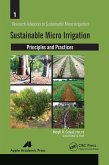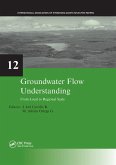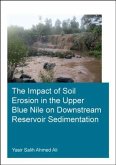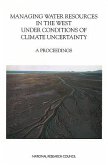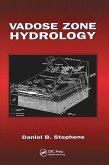Omotayo Babawande AdeboyeSustainable Use of Land and Water Under Rainfed and Deficit Irrigation Conditions in Ogun-Osun River Basin, Nigeria
Andere Kunden interessierten sich auch für
Produktdetails
- Verlag: Taylor & Francis Ltd (Sales)
- Seitenzahl: 260
- Erscheinungstermin: 29. Oktober 2015
- Englisch
- Abmessung: 241mm x 170mm x 18mm
- Gewicht: 454g
- ISBN-13: 9781138028418
- ISBN-10: 113802841X
- Artikelnr.: 42459119
Hinweis: Dieser Artikel kann nur an eine deutsche Lieferadresse ausgeliefert werden.
- Libri GmbH
- Europaallee 1
- 36244 Bad Hersfeld
- gpsr@libri.de
The author had Masters of Engineering (M.Eng) Degree in Agricultural Engineering at the Federal University of Technology, Akure, Nigeria. He specialises in Soil and Water Resources Engineering. He is a member of the Nigerian Institution of Agricultural Engineers (NIAE), Nigerian Society of Engineers (NSE) and registered with the Council for the Regulation of Engineering in Nigeria (COREN). He is currently a lecturer at the Department of Agricultural and Environmental Engineering, Obafemi Awolowo University, Nigeria. His research interests are: Agricultural water management at field and basin scales; Land and Water Development; Development of Crop yield models and effects of climate change land and water interactions. He was offered a financial assistance under the Netherlands Fellowship Program (NFP) to undertake his doctoral degree programme in Land and Water Development at UNESCO-IHE Institute For Water Education, Delft, the Netherlands. This research was undertaken in order to examine the possibilities of increasing land and water productivity of Soybeans under rainfed and irrigated agriculture on a sustainable basis at basin scale. Field trials were undertaken and data were collected during two rainy seasons and two dry seasons under sub-humid agro-ecological conditions in Ile-Ife, Nigeria. Results indicate that conservation of water water plus standard agronomic practices have the potential of increasing land and water productivity of Soybeans. Skipping of irrigation for seven days every other week during the seed filling should be avoided in order to avoid reductions in productivity. Large scale production of Soybeans using drip irrigation is not economically sustainable for peasant farmers who are the predominant crop growers in Ile-Ife and other developing countries in Sub-Saharan Africa. Modelling the growth and productivity of Soybeans using the AquaCrop model will help in managing water resources for agriculture under changes in climate conditions. This book is therefore recommended for undergraduate and graduate students in agronomy, irrigation engineering, water management, policy and decision makers in agricultural water management at field level and basin scale.

